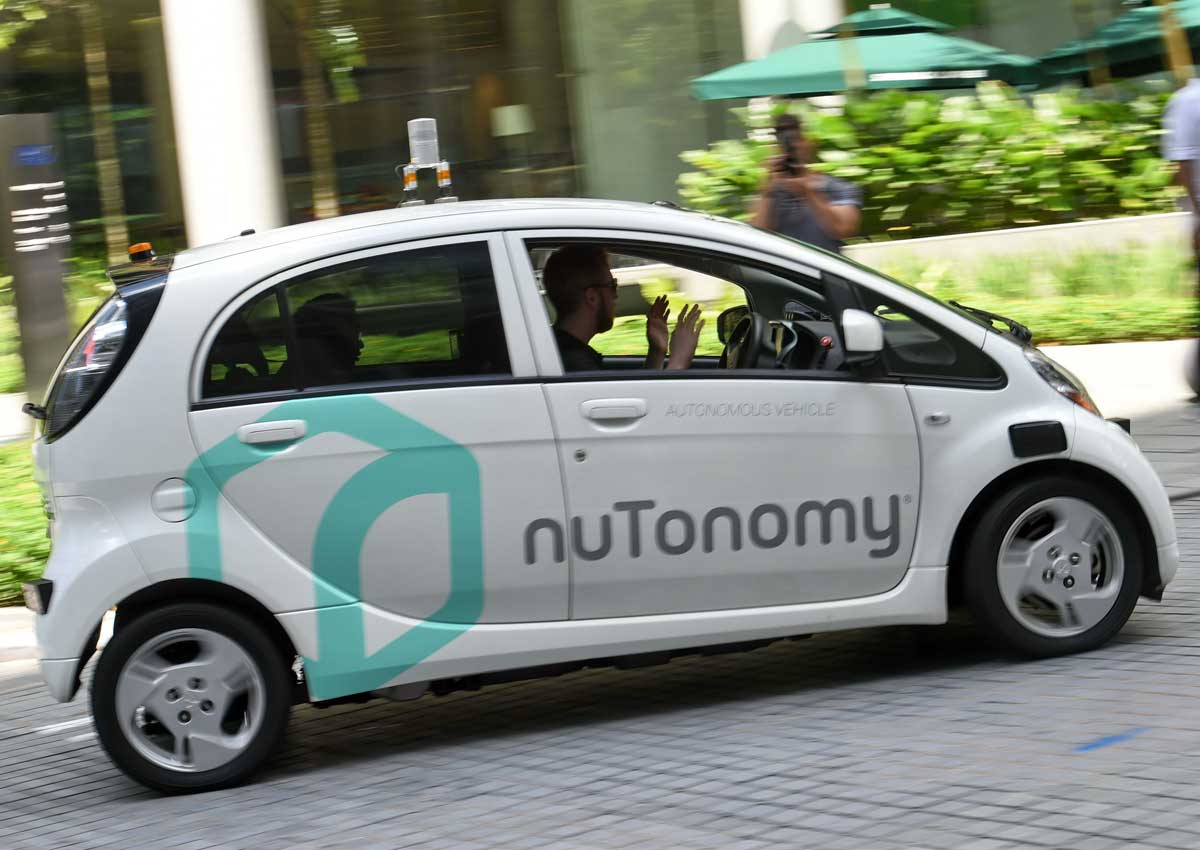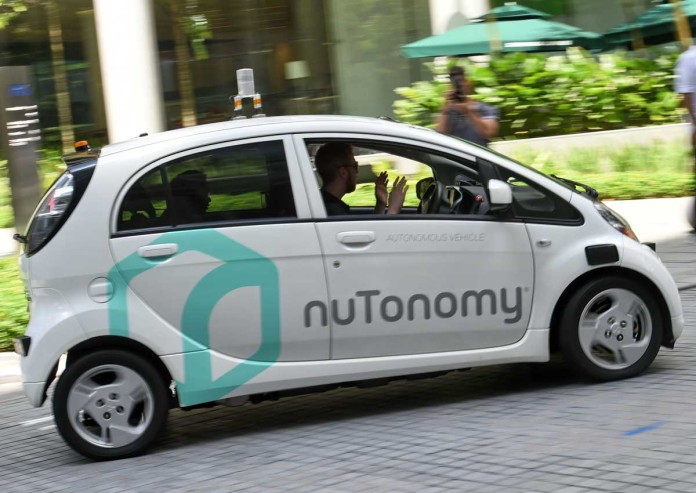Legal, insurance experts say liability issues involving such technology are still unclear
In October, National Development Minister and Second Finance Minister Lawrence Wong called on the insurance industry to adapt to meet the demands of emerging technology such as autonomous vehicles (AV).
But legal and insurance experts said they are still unclear about the liability issues surrounding Singapore’s push for AVs to perform a variety of functions here.
For instance, who should be blamed in an accident involving an AV?
Criminal responsibility is currently focused on the driver, said Professor Simon Chesterman, dean of the National University of Singapore’s law faculty.
The lack of a driver would pose a “real regulatory challenge” as a result.
“That is where we would need new legislation, but my suspicion is that the law would continue to require an identifiable person who can be ‘blamed’ for wrongdoing, as well as a compulsory insurance regime to protect those who might be injured,” he said.
The issue of liability gained significance after an accident in October involving one of start-up nuTonomy’s self-driving cars, which crashed into a lorry as it was changing lanes.
It is believed to be the first accident involving a driverless vehicle here.
Singapore is not the only country considering the implications of the AV technology push in terms of liability.
Britain, which is considered a leading centre in testing driverless vehicles, set up the Automated Driving Insurer Group which comprises 13 British motor insurers, among others, to consider liability issues.
In June, British insurer Adrian Flux launched what is believed to be the world’s first driverless car policy, aimed at vehicles such as Tesla’s Model S with autopilot functions.
The policy covers motorists for loss or damage in case of failure of the vehicle’s operating system, or failure to manually override the system to prevent an accident.
But the question of who to blame in an accident remains a sticking point here.
While Mr Anthony Chey, insurance partner at law firm RHTLaw Taylor Wessing, said the owner of the AV should be held responsible, Mr Leo Costes, AXA general insurance managing director, said liability could also lie with software providers in cases of software failure.
nuTonomy’s self-driving car crash was blamed on a software anomaly.
But it is not just accidents. The insurance industry is also trying to figure out if owners of AVs should be charged higher or lower premiums.
The Land Transport Authority already requires AVs being tested here to have third-party insurance.
Mr Manik Bucha, auto insurance head at AIG, said AVs could make roads safer and, therefore, lower motor premiums.
“With more than 90 per cent of road accidents said to be caused by human error, driverless vehicles are expected to improve road safety by removing the human element,” he said.
He added that features such as automatic emergency braking and collision avoidance systems, available in cars now, have already resulted in “significant reductions” in auto accidents globally.
But Mr Pui Phusangmook, NTUC Income’s general insurance and health general manager, said the repair costs for driverless cars may also be higher and this could affect premiums.
Mr Costes said there are other issues to consider.
“While accidents and claims may go down with driverless vehicles, new risks will have to be insured as a greater portion of the liability could be shifted from the driver to car manufacturers and software or telco providers.
“The risk will gradually shift from human to cyber and, soon, the technology in driverless cars will become not only a transportation issue, but also a cyber-risk issue.”
The Government’s vision for the use of AVs has been laid out by the Committee of Autonomous Road Transport (Carts) which was formed in 2014.
Carts’ vision is that within 10 to 15 years, AVs will perform not just personal transport functions, but also freight transport.

This article was first published on December 13, 2016.
Get a copy of The Straits Times or go to straitstimes.com for more stories.@sph.com.sg>







